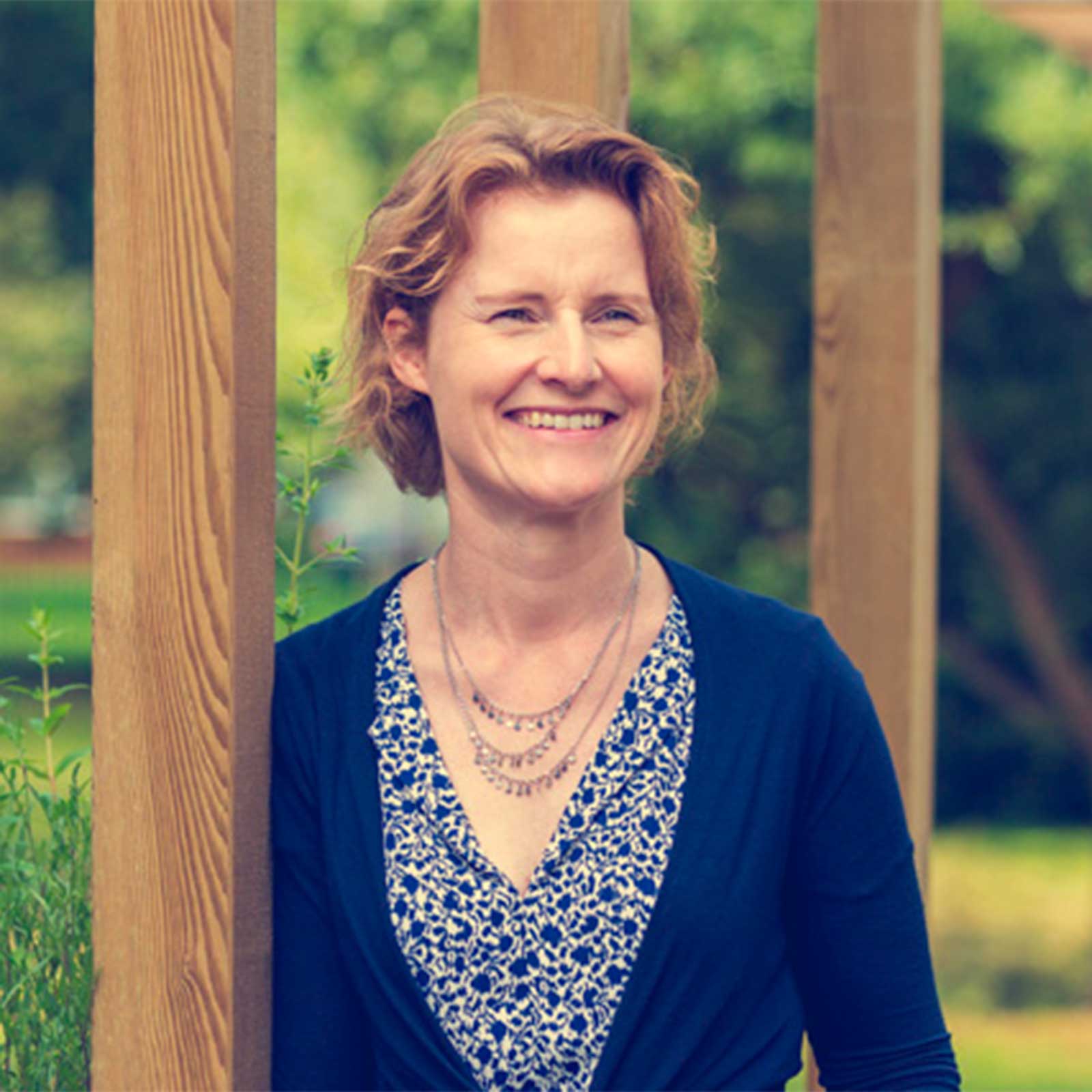
This was a quote from my client when I spoke to him yesterday.
But last month when he shared his diary with me it was a car crash. So how did he do it?
❌Last month:
His team would double book any meetings showing as tentative so they could grab the space if he declined. Our coaching session was booked in his lunch break. His diary was a free-for-all and all the space got gobbled up. Priority meetings were being double booked.
And most importantly – there was zero thinking time.
✅This week:
He has white space in 20% of his diary. And that includes blocking out time for strategic thinking.
What did he do?
👉We looked at what was driving this behaviour. Saying yes when it should a different answer, a desire to micromanage for control, not prioritising the right things, fear of upsetting people.
👉Addressed poor diary management – booked a weekly slot to review meetings and accept or decline immediately.
👉Reviewed all his meetings and gave them a rating based on if he needed to be responsible, when he just needed to be informed, and when he could delegate all responsibility.
👉Shared with his team what he was trying to change, what he was trying to achieve, what was in it for them, and how he wanted to work on it as a team.
👉Scheduled an hour for lunch every day.
👉Blocked out thinking time.
👉Identified stakeholders who could help support him sustaining this change – told them what he is trying to achieve and asked for their feedback and suggestions.
Stopping the overwhelm doesn’t have one simple answer but making a change can be mindblowing.
How is your diary looking?
